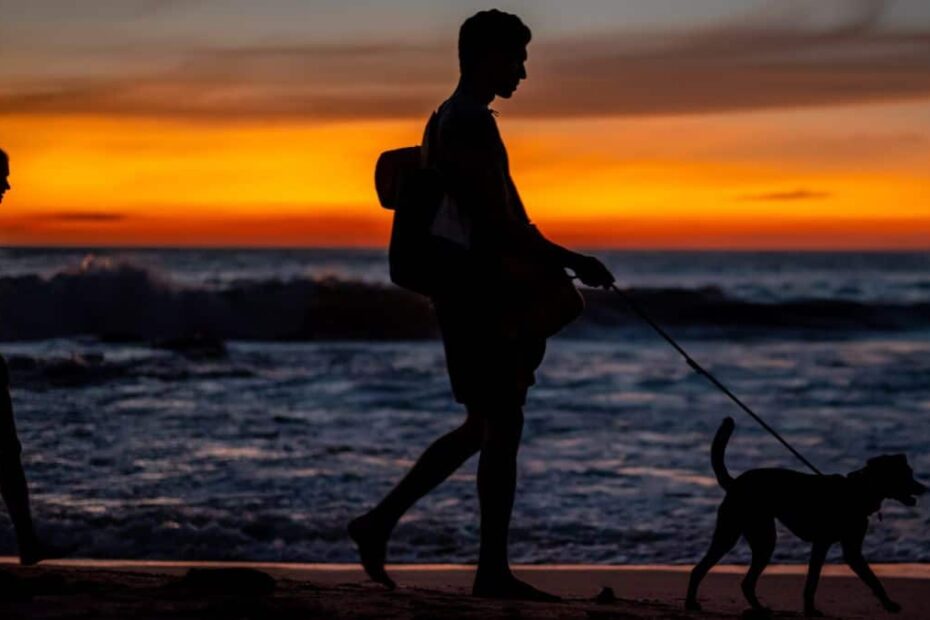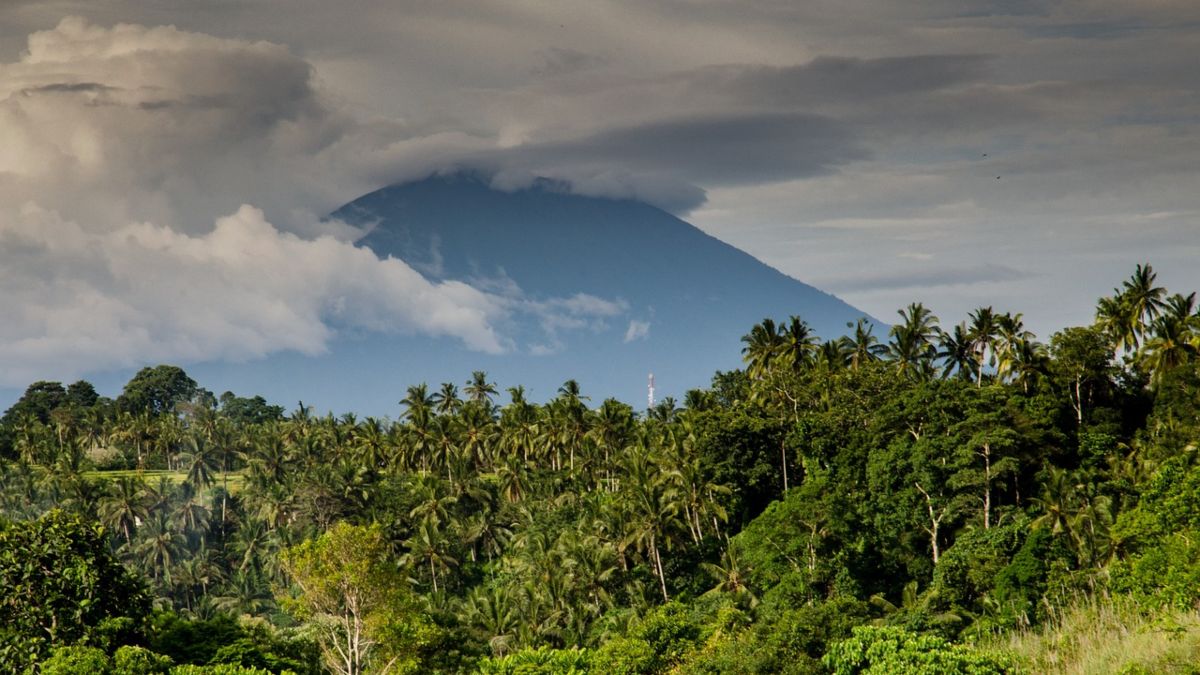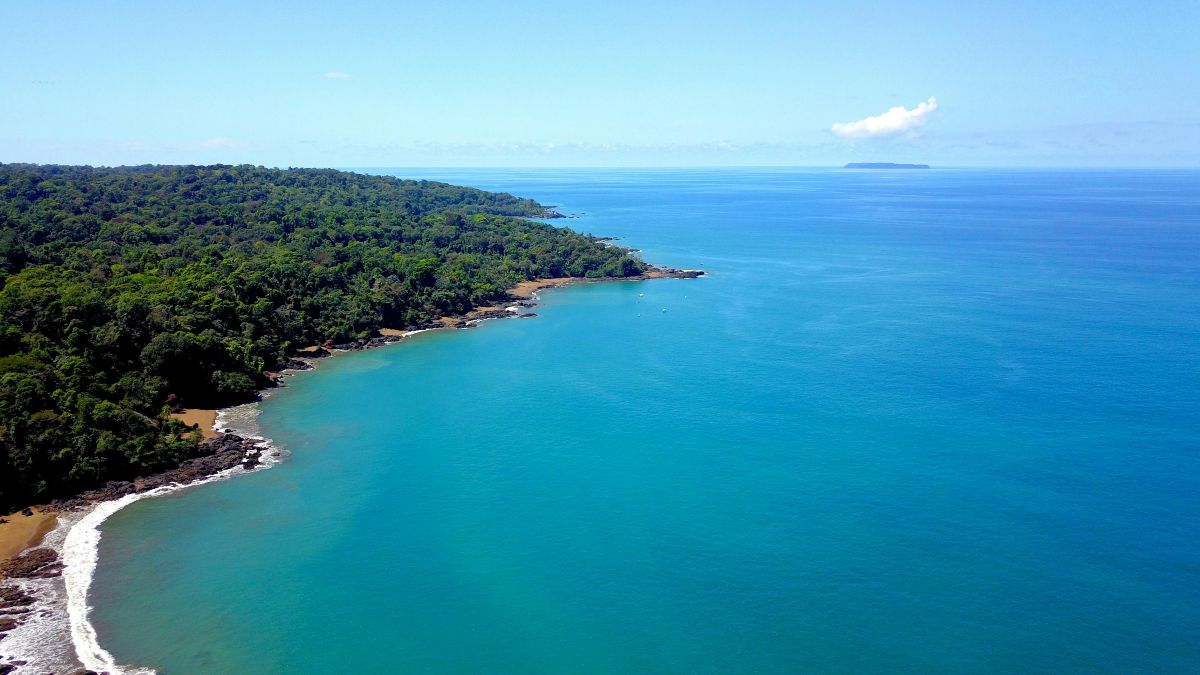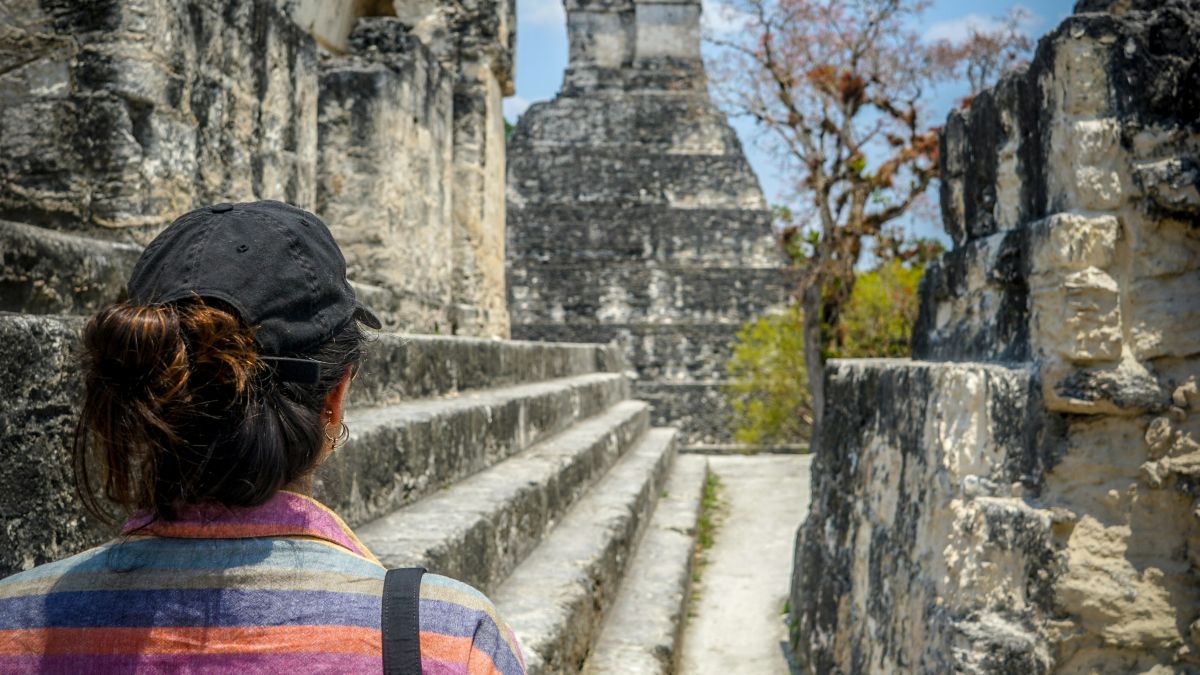In this article, we take a look at the worldwide phenomenon called the “AirBnB effect” and see how it’s affecting communities – particularly beach and tourist communities – in Costa Rica.
Unless you’ve been living under a rock for the few years, you know all about rental platform AirBnB. Perhaps you’ve even used it. I certainly have. Over the years, I’ve used AirBnB in the United States, Europe, Nicaragua, and Panama. I’ve even used AirBnB right here in Costa Rica a few times.
On the face of it, AirBnB is a great idea. There was definitely a time when it could do no wrong, and renting an AirBnb was a better way to experience a place than staying in a hotel, especially in a city. I remember using a wonderful AirBnB in San Francisco one time, in a great area that made you feel like a local instead of a tourist. That was one of the main selling points of AirBnB, to gain a more more local-like experience, tuned into the flow of a city or neighborhood in a way that hotels can’t provide. And at a good price, too.
But that was back when AirBnBs were the exception in a neighborhood, not the rule. Nowadays, it wouldn’t surprise me if that San Francisco AirBnB I used back in the day was one of many on that block. Which would make that neighborhood, that block, a less desirable place to stay in.
A more concrete example comes from one of my best friends, who lives in Budapest, Hungary
Now, Budapest is one of the most beautiful cities in Europe. It’s famous for its stunning architecture with tons of UNESCO World Heritage Sites. I can’t remember if Stu lives in Buda or Pest, but he was telling me the other day how entire apartment blocks in his neighborhood, close to the historical heart of the city, are now mostly AirBnB rentals. We’re talking beautiful old pre-war apartment buildings here, not Soviet-style tower blocks.
He said few locals live in his area anymore, as long-term rental options have dwindled. He’s been in his place for over a decade and said that if he ever moved out, it would be near impossible to find another place so close to the center. It’s lucky, he told me, that owners/residents in his particular building voted against allowing any apartments to become AirBnBs, but that could change anytime soon.
And in the meantime, aside from the holdouts in his building, most other apartments in his neighborhood are either empty or housing foreign tourists in town for a weekend or a few days or whatever. It’s killed any sense of community in his neighborhood.
“The people of Barcelona, Lisbon and Venice are sick of Airbnb and its effect on their cities.”
Same here. https://t.co/65BD8MpBwb
— Shawn Hennessey ☀️🍷 (@SevillaTapas) April 1, 2023
This is one of the negative impacts of a phenomenon called the AirBnB effect, and it’s also happening in Costa Rica
The Airbnb effect is the impact of short-term rental platforms like Airbnb on the housing market (it’s worth noting that AirBnB isn’t the only platform, especially in Costa Rica. It’s just the most well-known). When we talk of the AirBnB effect, we almost always focus on the negative impacts which include:
- Increased local housing costs. Short-term rentals can drive up housing costs by reducing the supply of long-term rental units in a community.
- Displacement of residents. These rentals can lead to the displacement of residents from their neighborhoods, as landlords convert long-term rental units into short-term rentals.
- Disruption of communities. Short-term rentals can disrupt communities by making it more difficult for residents to get to know their neighbors and by creating a sense of transience in neighborhoods.
These three factors are pretty much exactly what is going in my friend’s Budapest neighborhood and we’re now seeing it play out in Costa Rica
In Costa Rica, though, it’s different. While Europe and North America largely see the AirBnB effect taking place in cities, in Costa Rica it tends to be in smaller beach communities. San José and the cities around the Central Valley are, for the most part, exempt from this (for now), as they’re not places where foreign tourists spend much time in.
This feels worse in some ways, because if you’re in Budapest, San Francisco, Mexico City, or wherever else you find yourself priced out of your neighborhood as it turns into a charmless cultural desert, you can at least move elsewhere in the same city. Sure, it sucks, and it’s far from ideal… but it’s still possible. In Costa Rica’s smaller beach communities, this isn’t an option. Local people often find themselves priced out of entire towns and villages, forced to live way out in the sticks.
Tourism is the main driver of most of these communities, and locals, many of whom work in the hotels, restaurants, and shops that serve tourists now find themselves having to commute longer distances. Imagine being priced out of your own town and having to travel further to work in it, while foreign tourists stay in the most convenient spots. This is what’s starting to happen.
The Airbnbs that are homes away from home for so many of us all over the world, also happen to be causing a lot of homelessness with what is called ‘The Airbnb Effect’. (1)
Here’s what’s happening: pic.twitter.com/zXKIWmPgDm
— Kendal (@hellokendal) December 1, 2023
On the flip side, there are some positive impacts of the AirBnB effect
Short-term rental home owners will point to the following benefits their businesses bring to communities:
- Increased economic activity. Short-term rentals can generate economic activity by bringing more tourists to a community and by providing additional income for homeowners who rent out their properties.
- Increased housing affordability. Platforms like Airbnb can make housing more affordable by providing more options for renters.
- Increased flexibility for homeowners. Airbnb can give homeowners more flexibility with how they use their properties.
Now, while the above attributes are all well and good for homeowners and tourists, they don’t really help local communities. In Costa Rica, it’s rare for an AirBnB owner in a beach community like Nosara, Tamarindo, or Santa Teresa to promote their place as a long-term rental option for locals. Not saying it never happens, but it’s rare. They want that tourism money, which is their obvious right. But there should be some regulation somehow to create a better balance and avoid potential conflict.
This is what Turismo por Costa Rica, an industry group of tourism professionals, wants
In their own words, Turismo por Costa Rica aims “to improve the well-being and prosperity of all Costa Ricans by harnessing the power of tourism.”
Turismo por Costa Rica wants a more level playing field when it comes to short-term home rentals in Costa Rica. They worry about the imbalances in local housing markets that these properties cause. They also argue that most AirBnBs in Costa Rica are unregistered with the ICT (Costa Rica’s tourism institute). This means they’re not paying the required rental income taxes or VAT.
Bary Roberts from Turismo por Costa Rica put it well recently when he said, “We are not opposed to the short term housing business, we only demand it be put on equal footing with formalized and registered businesses”
Regulating these properties to be more in line with registered vacation rentals and hotels would bring in some $120 million in tax revenue a year. Turismo por Costa Rica and others in the tourism industry, including a growing number of lawmakers, would like to see platforms like AirBnB ensuring their homes follow the legal regulations.
Many owners with their homes on AirBnB in Costa Rica would say that they’re already paying property taxes and, depending on value, luxury taxes. They would argue that their AirBnB isn’t strictly a rental because… well, because it’s an AirBnB! (We have heard this from some owners, like there’s a difference… it’s kind of like the difference between an Uber and a taxi, they say.)
But the fact remains that AirBnB is based outside of Costa Rica, so when you pay for a place on the app, that money leaves the country, and if the owner is also outside of Costa Rica, it never comes back. Now, many AirBnB owners are Costa Ricans living in Costa Rica, so it doesn’t always apply, but plenty aren’t. Plenty of owners don’t care enough about the communities that their homes are in, and the damage they’re doing. Not all owners, obviously. But enough.
Costa Rica’s tourism industry is at a crossroads. Learn how unlicensed vacation rentals are impacting local communities and creating a growing divide between locals and tourists/expats.https://t.co/DSLTWFFoEf
— Central America Living (@VidaAmerica) May 17, 2023
The Voice of Guanacaste published an excellent article earlier this year
The article discusses Nosara, a beach community in Guanacaste, famous for its surfing, yoga centers, and all-round wellness vibe. Many long-term residents there face challenges from rising rental prices and uncontrolled real estate development. The housing situation is particularly bad for locals, who struggle to find affordable places to live.
Reasonably-priced rentals in Nosara are now hard to find, and prices often exceed the average budget. The influx of foreigners with higher budgets only exacerbates the situation, as property owners raise their rental prices to accommodate them. This creates a snowball effect that affects locals and creates a sense of resentment. Indeed, Nosara has already seen a few “Gringo Go Home” signs put up around the place, which is the opposite of pura vida. At least some locals have developed a sense of humor about the whole thing, as we can see below:

Short-term rentals – the Air BnB effect – further complicated matters
The law decrees the minimum rental term in Costa Rica is three years. This means that, by law, a tenant can stay in a property for three years, no matter what the contract says. As long as they continue to pay, of course. The only way a property owner can legally offer accommodations for stays of less than a year is to register as tourism business with the ICT. This is something most AirBnB owners don’t do, and goes right back to Turismo por Costa Rica’s point.
And even the dwindling numbers of long term owners also chop and change their rental prices, often depending on whether it’s high season or not. It’s illegal for them to do this, but most don’t care. They know that they’ll face no penalties and in the meantime, the community suffers.
“Who is going to want to rent their houses to Tico workers on a long-term basis if for a tiny house you might pay $5,000 a month in high season?” asks a local teacher in the article.
Bottom line is, Nosara is becoming a divided community and without action, it’s not going to get better.
$1,500 for a studio where in a single room you will have the bed, the kitchen and the dining room. You think it is fair? Find out why you need a millionaire budget to rent in Nosara. 👉 https://t.co/xX1psDYJCZ pic.twitter.com/FbLTOHUsAh
— La Voz de Guanacaste (@VozdeGuanacaste) June 29, 2023
So what to do?
Well, as Turismo por Costa Rica says, a good start would be regulation in the form of forcing short-term rental owners and platforms like AirBnB to register as tourism businesses. This would at least help to level the playing field with hotels and short-term rentals who abide by the rules. It might also bring in revenue to help repair local communities affected by the AirBnB effect.
Another solution might be to lower the minimum income requirement for digital nomads. As it stands, to be eligible for Costa Rica’s remote worker visa, you have to show monthly earnings of at least $3,000 (or $4,000 for families). While it’s understandable that Costa Rica doesn’t want a bunch of broke gringos arriving as digital nomads, $3,000 a month is still way above the average salary (also, the minimum pension required for a residency by retirement is $1,000 per month), and home owners know this.
As the Voice of Guanacaste article points out, this is “a clear example of a law that promotes inequality in tourist areas of the country and ends up making basic services more expensive, such as access to housing.”
As a tourist coming to Costa Rica, you can also help out
Some things you can do is to stay in hotels or guest homes rather than an AirBnB. If you want to stay in a rental home, that’s fine, but go through a reputable letting agency that’s registered with the ICT, something like Stay in Costa Rica, for example. Travelers specifically wanting to use AirBnB should look for rentals where the owner actually lives, rather than solely uses for short-term rentals. Simple acts like this can go a long way towards staving future resentment.
Costa Rica is far from the only country affected by all this. And so far, compared to many other locations, it’s still relatively lightly affected. But it’s not getting better and unless change happens, that welcoming pura vida spirit that attracts so many people will fade away fast into resentment. Let’s hope that local communities, the tourist industry, politicians, and tourists themselves can come together fast to find a lasting solution.
James Dyde is the editor of centralamerica.com. He lives in Escazu, Costa Rica.




